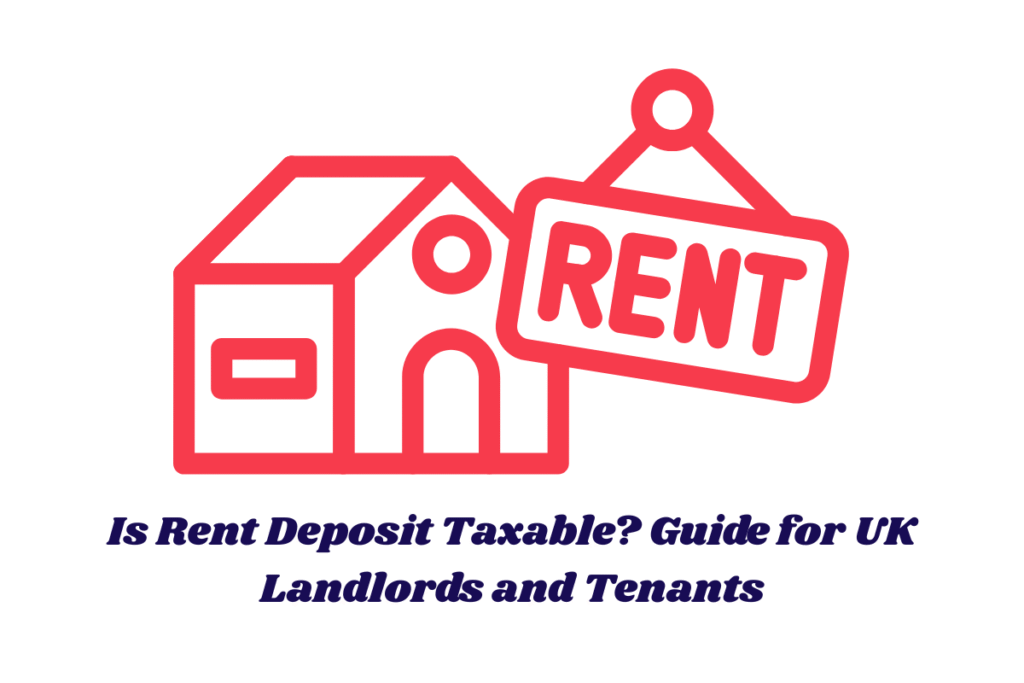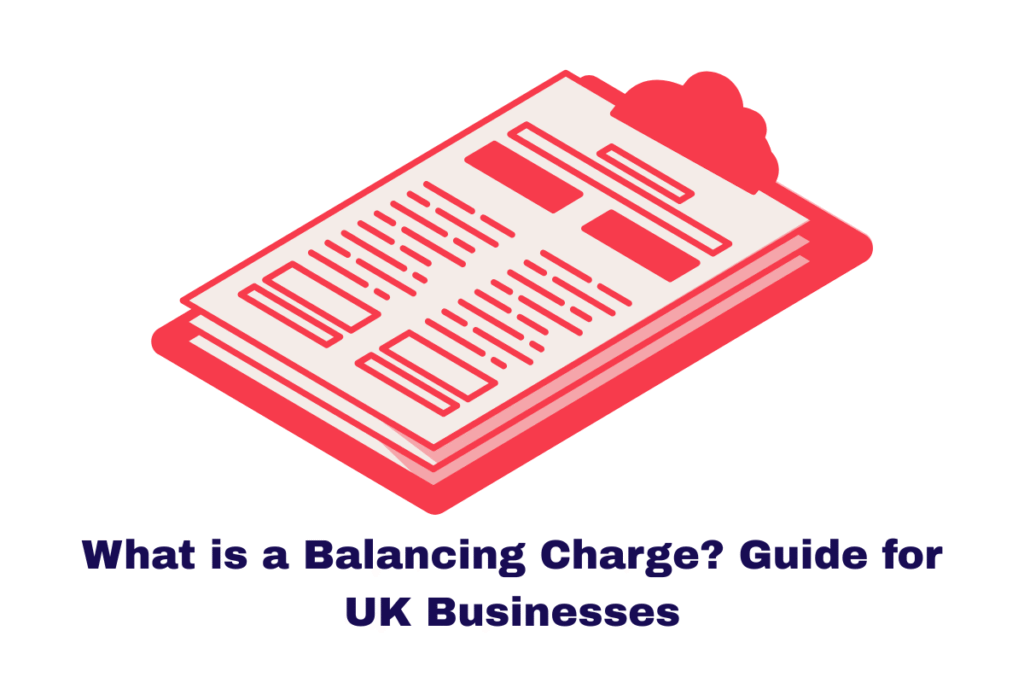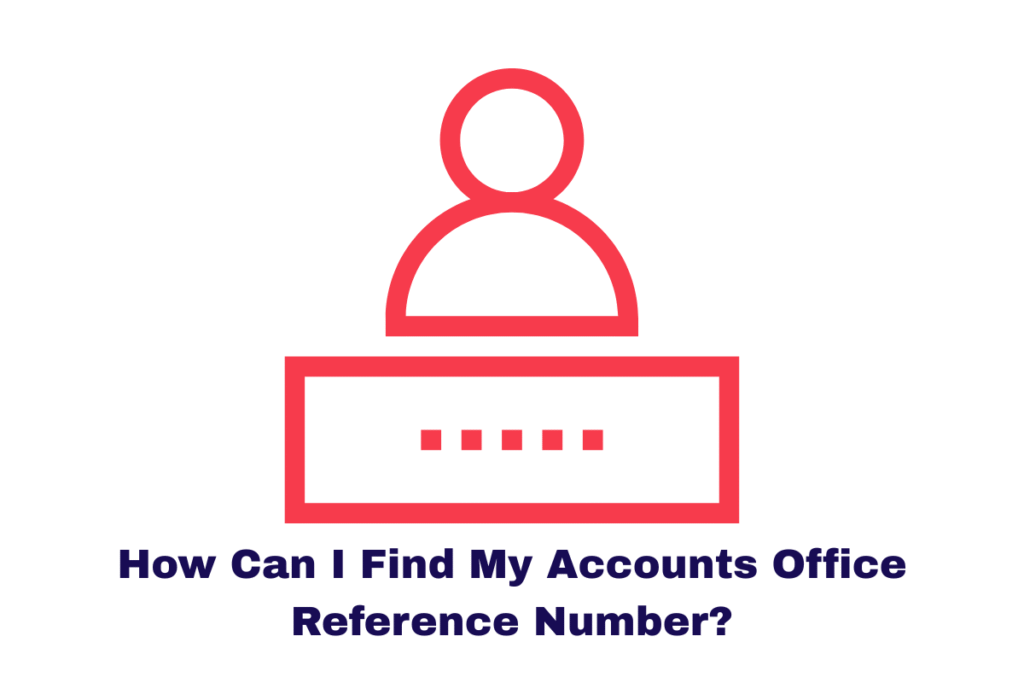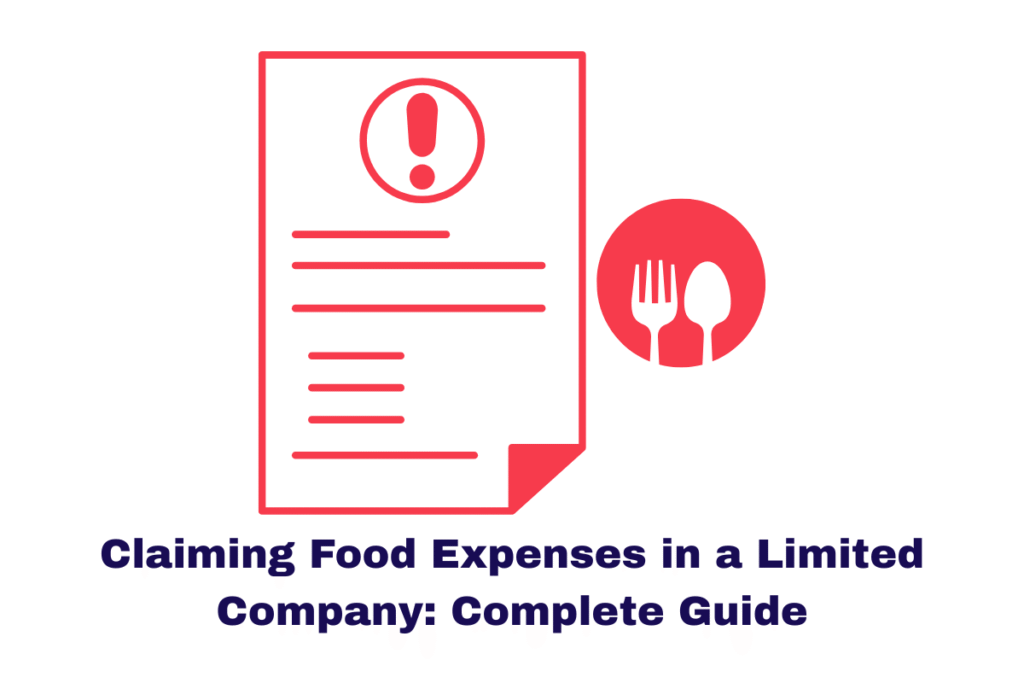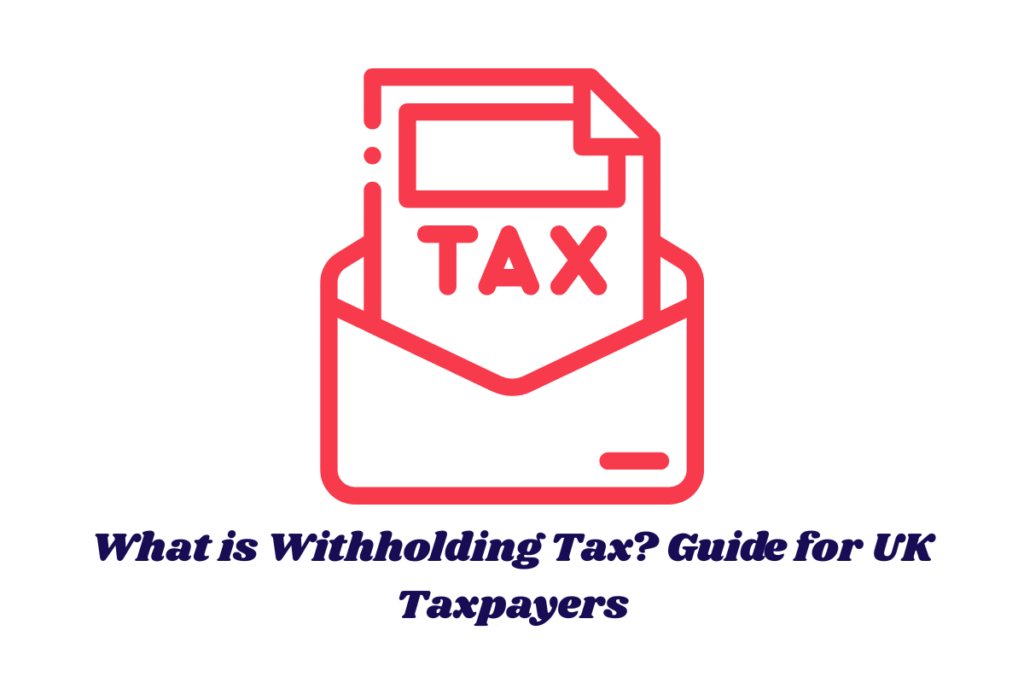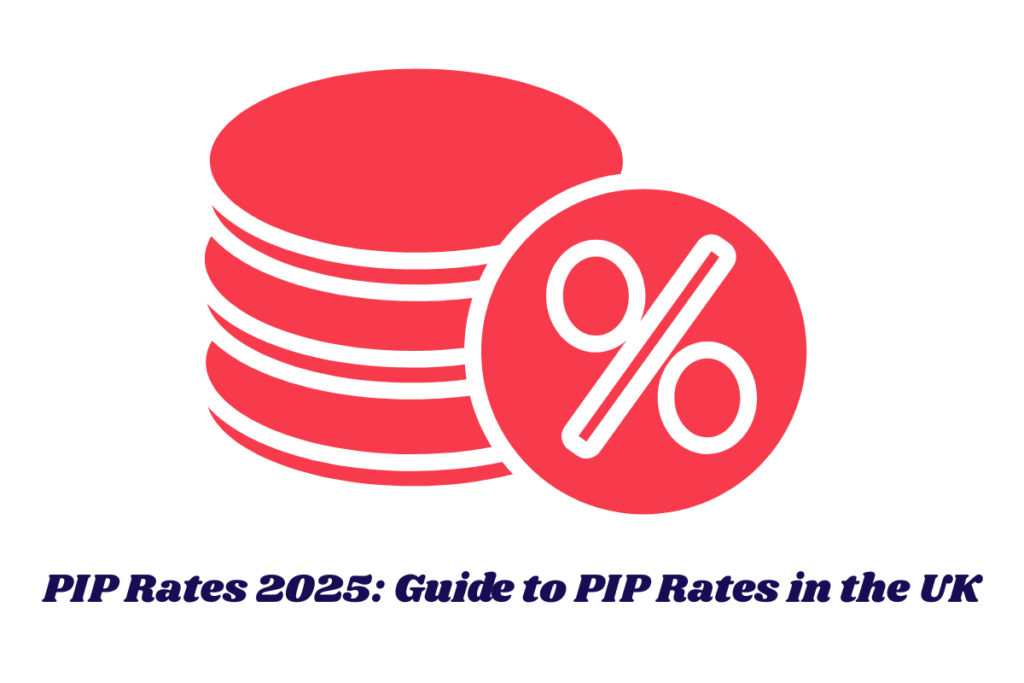When renting out a residential property in the UK, landlords typically ask tenants to provide a rent deposit—commonly known as a tenancy or security deposit. But a common question arises for both parties: Is rent deposit taxable?
This guide, written with input from expert UK tax advisors and based on guidance from HMRC, explores when and how a rent deposit becomes taxable, what rules apply under UK tenancy law, and how to ensure you stay compliant with HMRC.
Summary
“A rent deposit is not always taxable, but circumstances where it is retained by the landlord can result in a tax liability.”
You can read more articles on different taxes in the UK:
PIP Rates 2025: Guide to PIP Rates in the UK
What is P800 Refund? How to Claim P800 Refund
What is Withholding Tax? Guide for UK Taxpayers
What Is a Rent Deposit and Why Is It Taken?
A rent deposit is a sum of money provided by the tenant at the start of a tenancy, usually to cover any potential damage to the property, unpaid rent, or breach of contract terms. The amount is typically capped at five weeks’ rent, as per the Tenant Fees Act 2019.
For assured shorthold tenancies (ASTs), the deposit must be secured in a government-backed tenancy deposit scheme such as:
Summary
“Rent deposits are legal safeguards for landlords and must be secured in a government-backed scheme for assured shorthold tenancies.”
Is Rent Deposit Taxable? The HMRC Position
According to HMRC’s Property Income Manual (PIM1051), a rent deposit is not immediately taxable income when it is first collected, provided the landlord intends to return it at the end of the tenancy.
However, the rent deposit becomes taxable if any part of it is retained to cover damages, unpaid rent, or other tenancy breaches. In such cases, the retained amount is treated as taxable rental income for the tax year in which the deduction is made.
You can verify this guidance here: HMRC PIM1051 – Deposits and other advance payments
Summary
“HMRC only taxes the retained portion of the rent deposit, not the entire amount collected.”
When Is a Rent Deposit Not Taxable?
If the rent deposit is held securely throughout the tenancy and returned in full to the tenant, then it does not count as taxable income. This is because the landlord never benefits financially from the deposit.
In this case, the transaction is similar to a refundable bond or loan—it is held temporarily and then returned without any deductions.
Summary
“Returned deposits are not income, and therefore not subject to taxation.”
When Is a Rent Deposit Taxable?
The rent deposit becomes taxable when:
- Part or all of the deposit is retained by the landlord.
- Retained funds are used to cover tenant-caused damage, cleaning costs, or unpaid rent.
In this scenario, the retained portion must be declared as rental income on the landlord’s Self Assessment tax return for the year in which the decision to retain was made.
For example:
- If the tenancy ends in March 2025 and the landlord withholds £300 in April 2025, that amount is taxable for the 2025/26 tax year.
Summary
“Any part of the deposit retained by the landlord becomes taxable income and must be reported to HMRC.”
Can Landlords Claim Deductions Against Retained Deposits?
Yes. Landlords can claim allowable expenses against any deposit amount they retain, such as:
- Professional cleaning services
- Property repairs
- Replacements due to tenant damage (not normal wear and tear)
These deductions help reduce the taxable profit from the retained deposit. However, landlords must keep receipts and records as evidence for HMRC.
Summary
“Landlords can deduct actual costs from retained deposits to reduce their taxable income.”
Example: Tax Implication of Retained Deposit
Let’s consider the following scenario:
Kevin rents out his flat in Manchester and collects a £1,000 security deposit from the tenant. At the end of the tenancy, he retains £250 to cover cleaning and a damaged door.
Breakdown:
- Cleaning cost: £180
- Door repair: £75
- Total cost: £255
Since Kevin retained £250, this amount is declared as income, but the £255 expense is deductible. Hence, he reports a net loss of £5 on his property income for that year.
Summary
“In this scenario, the retained deposit is taxed, but allowable expenses help reduce or offset the tax liability.”
How to Report Retained Deposits to HMRC
Landlords must:
- Include retained deposit amounts as part of rental income in their Self Assessment tax return.
- Report in the section titled “UK property income”.
- Declare any corresponding allowable expenses related to repairs or services.
- Keep records for at least 5 years after the submission deadline.
Summary
“Accurate record-keeping and proper reporting on your Self Assessment is key to staying compliant with HMRC.”
Penalties for Not Reporting Retained Deposits
Failing to report retained rent deposits can result in:
- Penalties for under-reporting income
- Interest on unpaid tax
- HMRC investigations, especially for landlords with multiple properties
Always stay transparent and consult with a qualified accountant if in doubt.
Summary
“Omitting taxable income from deposits can lead to penalties, interest, and unnecessary stress.”
Need Help with Your Rental Income Taxes?
If you’re a landlord unsure about whether your rent deposit is taxable, you’re not alone. Tax can get complicated quickly—especially when tenancy agreements, damage claims, and property expenses are involved.
At taxcalculatorsuk.co.uk, we offer clear, expert advice for landlords across the UK. We also recommend using our Listen to Taxman Calculator to work out your rental income tax liabilities with ease.
“Get expert support and accurate tools to manage your UK property tax obligations effectively.”
Quick Summary
| Scenario | Is Rent Deposit Taxable? |
| Full deposit returned | No |
| Deposit retained for damage/cleaning | Yes (retained part only) |
| Retained amount exceeds cost | Difference is still income |
| Costs exceed retained amount | Report a loss, with receipts |
Summary
“A summary table like this helps landlords quickly understand their tax liabilities related to rent deposits.”
Conclusion
So, is rent deposit taxable? The answer depends on how it’s handled. If you return the full amount to the tenant, it is not taxable. However, if you retain part or all of it for legitimate costs, that amount is treated as taxable income.
To stay compliant:
- Use official deposit protection schemes
- Maintain clear tenancy agreements
- Keep receipts for all property-related expenses
- Report retained deposits accurately in your Self Assessment
Still confused? Use the Listen to Taxman Calculator on our website to get instant calculations tailored to your circumstances.
Summary
“Knowing when a rent deposit is taxable helps landlords avoid tax issues and manage rental income transparently.”
The content provided on TaxCalculatorsUK, including our blog and articles, is for general informational purposes only and does not constitute financial, accounting, or legal advice.
You can also visit HMRC’s official website for more in-depth information about the topic.
